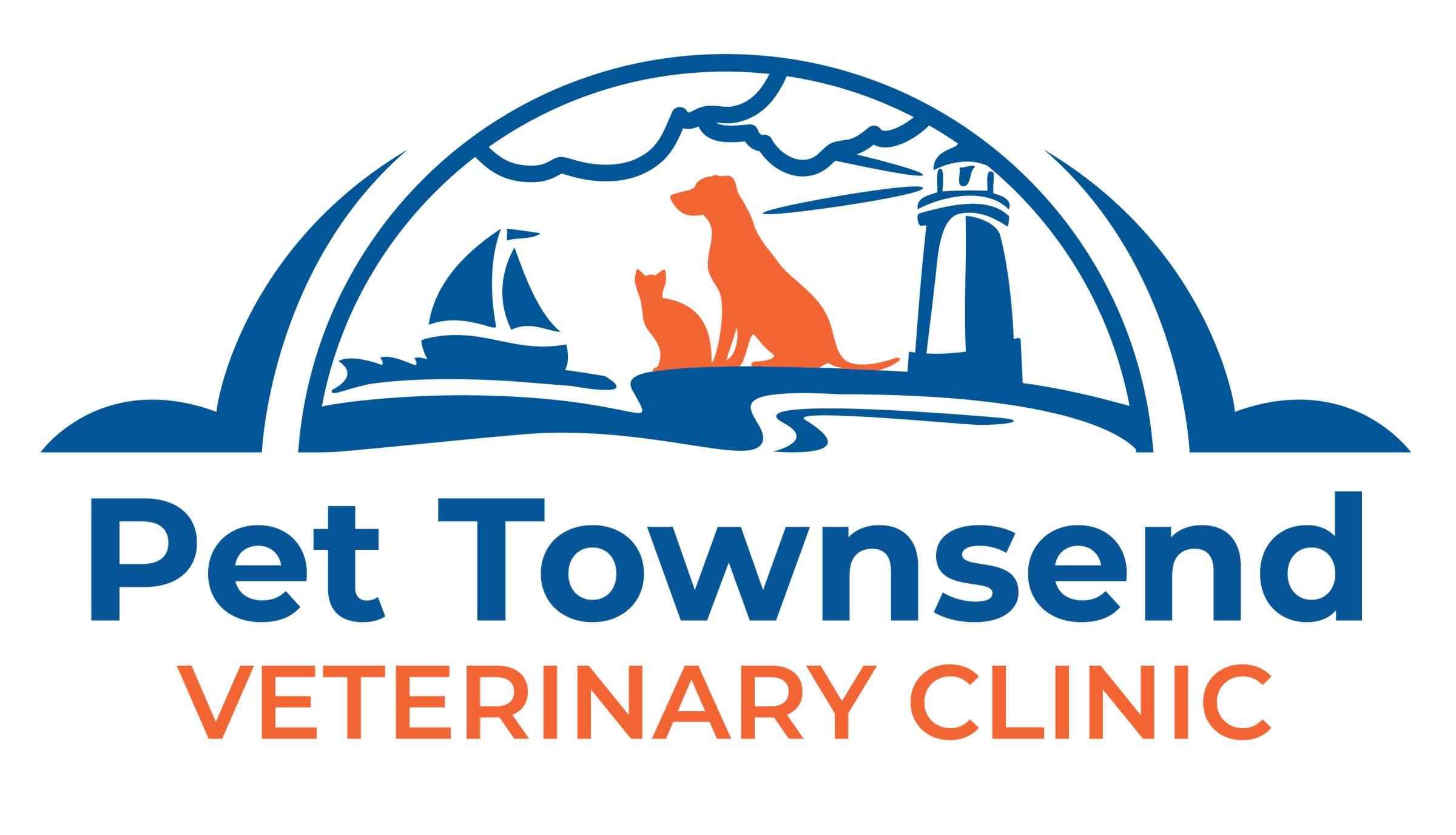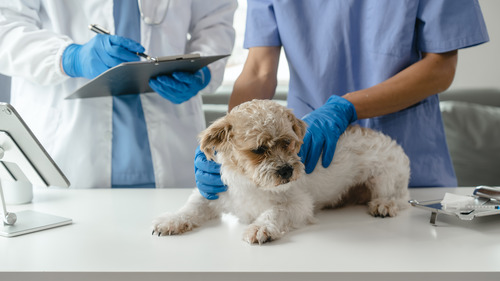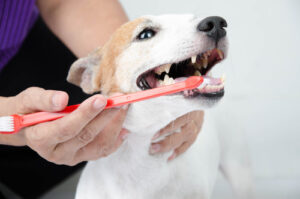Understanding your pet’s health is fundamental to ensuring they lead a happy and healthy life. A key aspect of this understanding is the Body Condition Scoring (BCS) system. This system is a simple and effective way to gauge your pet’s body fat and overall condition, helping you and your veterinarian to make informed decisions about their health care. In this blog, we’ll explore the importance of body condition scoring, how it’s done, and why it’s an essential part of your pet’s health assessment.
What is Body Condition Scoring?
Body Condition Scoring, or BCS, is a method used by veterinarians to assess a pet’s body fat and overall physical condition. This system involves a scale, typically ranging from 1 to 9, where a score of 1 indicates that a pet is severely underweight and a score of 9 signifies severe obesity. The ideal score for a pet’s health varies, but it’s generally in the middle range. Understanding the BCS system helps pet owners in identifying potential health risks associated with being underweight or overweight.
The Importance of Regular BCS Checks
Regular body condition scoring is vital in monitoring your pet’s health. It helps in detecting changes in weight that might not be obvious just by looking at them. Early detection of weight issues can prevent health problems such as diabetes, arthritis, and heart disease. At Pet Townsend Veterinary Clinic, our experts can guide you through the process of BCS and help you understand what it means for your pet’s health.
How to Perform Body Condition Scoring
Performing a BCS evaluation involves a few steps. Firstly, it’s about observing your pet’s body shape and looking for physical indicators such as rib visibility, waist definition, and abdominal tuck. For an accurate assessment, both visual and hands-on examination is crucial. Gently feeling your pet’s ribs, waist, and hips helps in determining their body condition score.
Understanding the BCS Scale
Each number on the BCS scale represents a specific level of fat and muscle mass. Veterinarians at Pet Townsend Veterinary Clinic can show you how to identify these levels. For example, a score of 5 usually indicates an ideal body condition where ribs are palpable without excess fat, and there is a noticeable waist behind the ribs.
The Role of BCS in Your Pet’s Health Plan
Body condition scoring is more than just a number; it’s a tool to tailor your pet’s diet and exercise regimen. If your pet’s score is below or above the ideal range, adjustments in their nutrition and physical activity might be necessary. We at Pet Townsend Veterinary Clinic can provide personalized advice based on your pet’s BCS, ensuring they receive the right balance of nutrients and exercise.
Preventing Health Issues
Regular BCS assessments play a critical role in preventing health issues. Overweight pets are at risk for various conditions, while underweight pets might be suffering from malnutrition or other health problems. Regular check-ups and body condition assessments at our clinic can help in maintaining your pet’s optimal health.
When to Consult a Veterinarian
If you notice significant changes in your pet’s body condition score, it’s time to consult a veterinarian. A BCS that’s too high or too low can be a sign of underlying health issues. Our team at Pet Townsend Veterinary Clinic is always ready to assist you in understanding what these changes could mean for your pet’s health.
The Value of Professional Assessment
While pet owners can learn to perform a basic BCS at home, a professional assessment by a veterinarian is invaluable. Our team can offer a more comprehensive evaluation, considering factors such as breed, age, and health history. To ensure your pet’s health is accurately monitored, schedule regular check-ups with us.
Ensuring a Healthy Future for Your Pet
Body Condition Scoring is an essential tool for every pet owner to understand and use. It’s a straightforward way to keep an eye on your pet’s health and catch potential problems early. If you’re unsure about your pet’s BCS or have any concerns about their health, contact Pet Townsend Veterinary Clinic at (360) 379-1133. Our team of experts is here to provide you with all the information and support you need to keep your pet healthy and happy.





